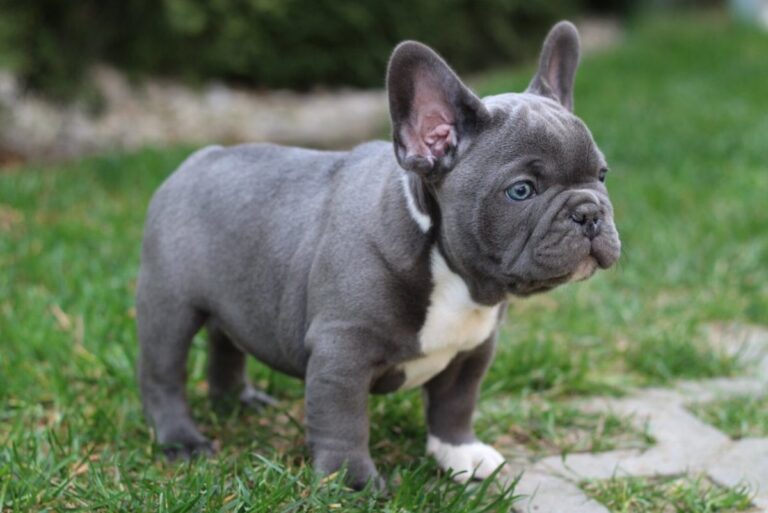How To Care For An Abandoned Litter Of Newborn Kittens
How to Care for an Abandoned Litter of Newborn Kittens
Cats are very prolific animals and can give birth to two or three litters per year, hence it’s quite common to come upon a seemingly abandoned litter of kittens now and again. Small, mewling, and helpless, your first instinct might be to take them home and help them. However, many cat health articles online will recommend that you hold off on taking them home just yet because rescuing and caring for a litter of kittens is a difficult and laborious task.

Here’s what you should do if you find newborn kittens without any mother cat around.
Are They REALLY Abandoned?
The first thing that you need to determine is whether the litter is truly abandoned, or if you simply chanced upon it while the mother was away. It could be out looking for food or it could be in the process of transporting the kittens to another location. If you are in the area, the mother might actually be nearby and merely hesitant to approach because of your presence! It’s important to ascertain whether the litter is truly abandoned because you might be accidentally separating a litter from a caring mother.
Keep your distance from the kittens at first and try to see whether the mother cat is around. However, the mother cat might stay away or well hidden as long as she senses your presence. The only reason for you to take the kittens away is if there is immediate danger, such as strong rainfall, snow, or the presence of other feral animals such as stray dogs or raccoons in the area. If this is the case, take the litter and place them somewhere safer but still accessible to the mother cat. You can place them in a cardboard box and put them somewhere with shelter and away from other animals. After you do this, stay away from the area for a while. You can place water and some cat food nearby to at least help the mother cat.
What If the Mother Cat Does Not Return?
Once you have determined that the mother cat will not return, you can then remove the kittens and try to help them survive. However, you should only take on this task yourself if you are totally committed to the whole process! Taking care of neonatal kittens is very time-consuming, difficult, and tedious, especially if you do not have past experience or the right equipment. If this is the case, you should contact your local shelters or an organization such as the ASPCA to come and take the kittens. You can help them by taking the kittens home and wait for the proper authorities to rescue the kittens there.
The Right Equipment
If you do decide to raise the kittens on your own, you will need the right tools to help them survive and develop properly. First, you need to visit a vet to have the kittens checked. A vet will be able to determine whether the kittens are healthy or not. Neonatal kittens are extremely prone to hypothermia as they are not able to generate their own body heat yet.
Once the vet decides that they are healthy, you need to buy the right equipment to feed and take care of the kittens. You will need a neonatal feeding bottle set, as this feeding bottle has nipples that are the correct size for newborn kittens to feed. You will also need to prepare a warm and dark place for the kittens to stay and sleep.
Feeding and Elimination
Aside from a safe and warm sleeping area, neonatal kittens need extra help in feeding and elimination of waste. You need to bottle-feed the kittens every two to three hours WITHOUT fail, and you will need to stimulate their genitals after feeding so that they can urinate and defecate.
Ask your vet to help teach you these two processes because they are precise and need to be done carefully. If you feed a neonatal kitten incorrectly, you will run the risk of suffocating or dehydrating the kittens.
Milk Replacement Formula
Neonatal kittens need a special type of milk replacement formula in order to survive. You should never give neonatal kittens (or even adults cats, for that matter) cow’s milk as they do not have the proper enzymes to break down the milk properly in their digestive tract. You can get the proper replacement milk formula from your vet, from pet shops, or you can even order it online. Whether you are using fresh or powdered replacement formula, you should treat it like infant formula: never leave it out of the fridge for long periods of time because it can spoil quickly.




